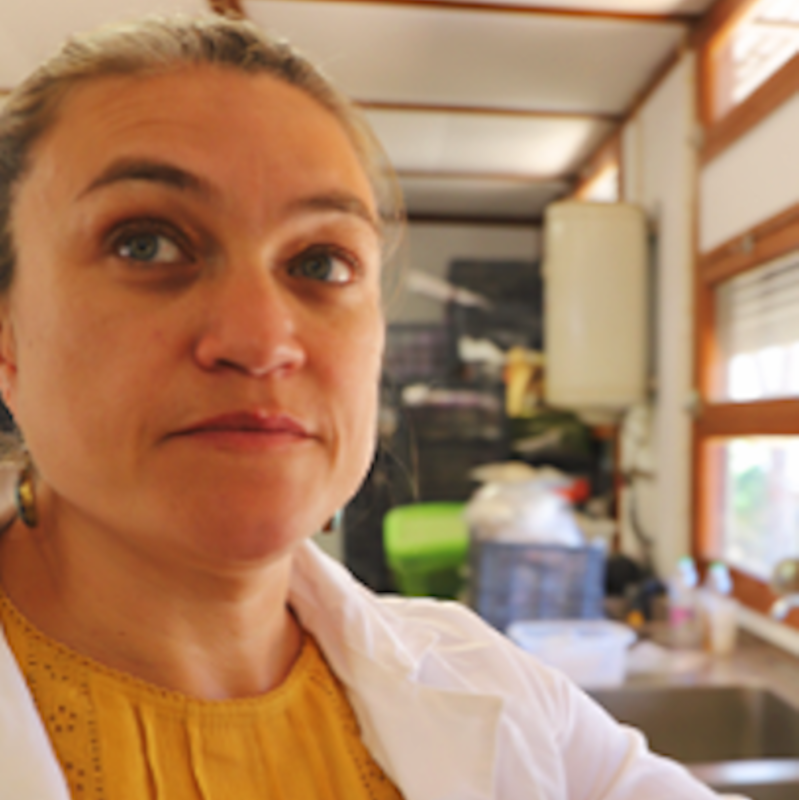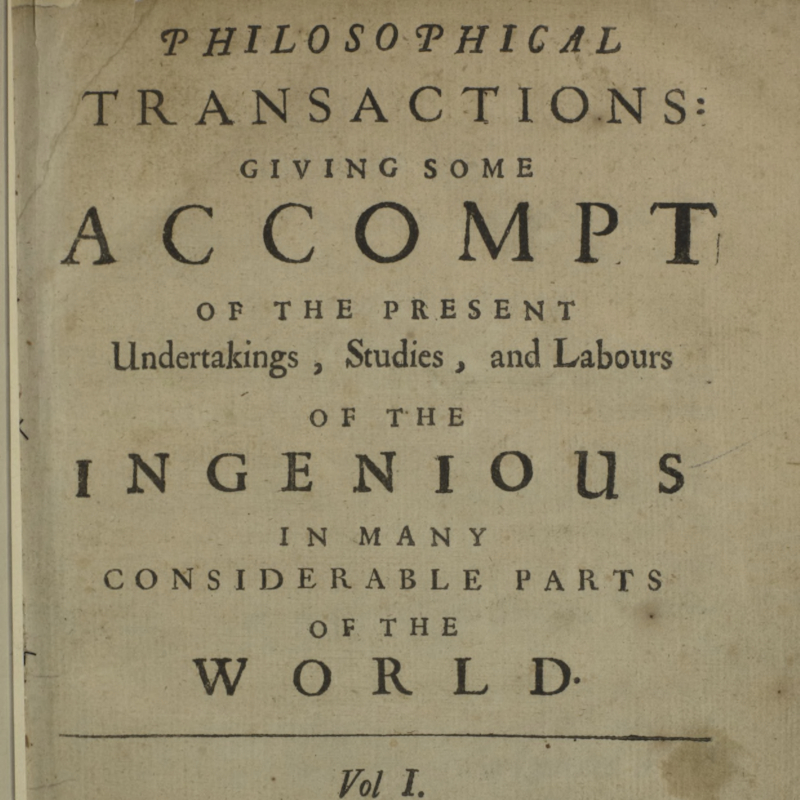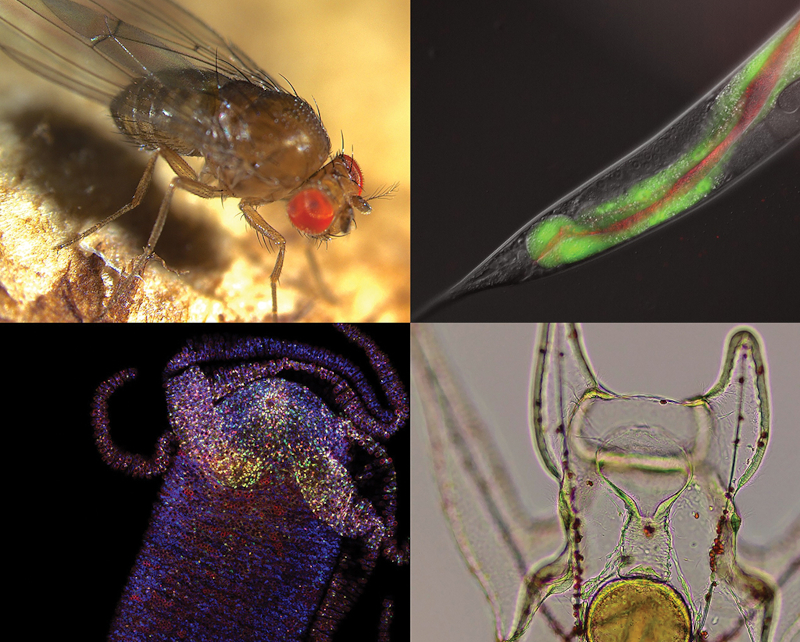Guest Editor Dr Rosalind Gillis (Deutsches Archäologiches Institut) tells us about her new theme issue of Philosophical Transactions B, ‘Unravelling domestication: multi-disciplinary perspectives on human and non-human relationships in the past, present and future’.

I am delighted that my theme issue ‘Unravelling domestication: multi-disciplinary perspectives on human and non-human relationships in the past, present and future’ has published in the Philosophical Transactions B series in its 360th anniversary year. This volume was co-edited with my colleagues Hugo Oliveira (ICArEHB, Faro), Marta Dal Corso (University of Padua, Italy), and Robert Spengler III (MPI-Jena, Germany). It showcases a collection of papers on the domestication of plants and animals. The papers are the result of a workshop on plant-animal interactions during domestication processes, held at ICArEHB, University of Algarve (Faro), and funded by the FCT.
The goal of the workshop was to challenge and expand the boundaries of our current understanding of domestication processes. The workshop was attended by early-stage researchers as well as those at a more advanced stage ensuring fresh perspectives. This was important as for decades, this field has been shaped primarily by genetic and archaeological studies of major economic species such as wheat and cattle. However, we sought to push beyond these traditional approaches and explore new perspectives from across regions and continents. A global examination of both plant and animal domestication helps to create new understandings and inform future research agendas. Studying domesticated species from a global perspective, engages local scientists and indigenous communities and opens local ontologies to new audiences and brings fresh perspectives to the study of domestication processes.
This special volume marks a transformative phase in domestication studies by adopting a more holistic approach. Many of the contributions feature cutting-edge, multidisciplinary research on previously understudied regions and species. By moving away from isolated examinations of individual species or narrowly focused methodologies, our aim was to uncover new insights into the complex processes of domestication. This integrated approach exposes researchers to novel perspectives and underscores the interconnectedness of plant and animal domestication.
The sheer range of publication outlets now available to researchers, combined with the often-significant costs of publishing, can make it challenging for research findings to reach the widest possible audience. It was crucial for myself and my co-editors to ensure that the volume reached a broad and diverse audience beyond the field of archaeology. Since its founding, Philosophical Transactions has cultivated a readership with wide-ranging interests, making it the ideal platform for fostering interdisciplinary dialogue.
The co-editors and I envision that this volume will not only inspire researchers from various disciplines to explore innovative approaches to understanding domestication and its profound influence on human history but also contribute to shaping policy on future food production systems. Given that millennia of herding and agricultural intensification have caused irreversible changes to the Earth's natural environments, the insights presented in this volume have the potential to inform sustainable strategies for the challenges ahead.
We are always looking for new Guest Editors. Find out how to propose your own theme issue.





